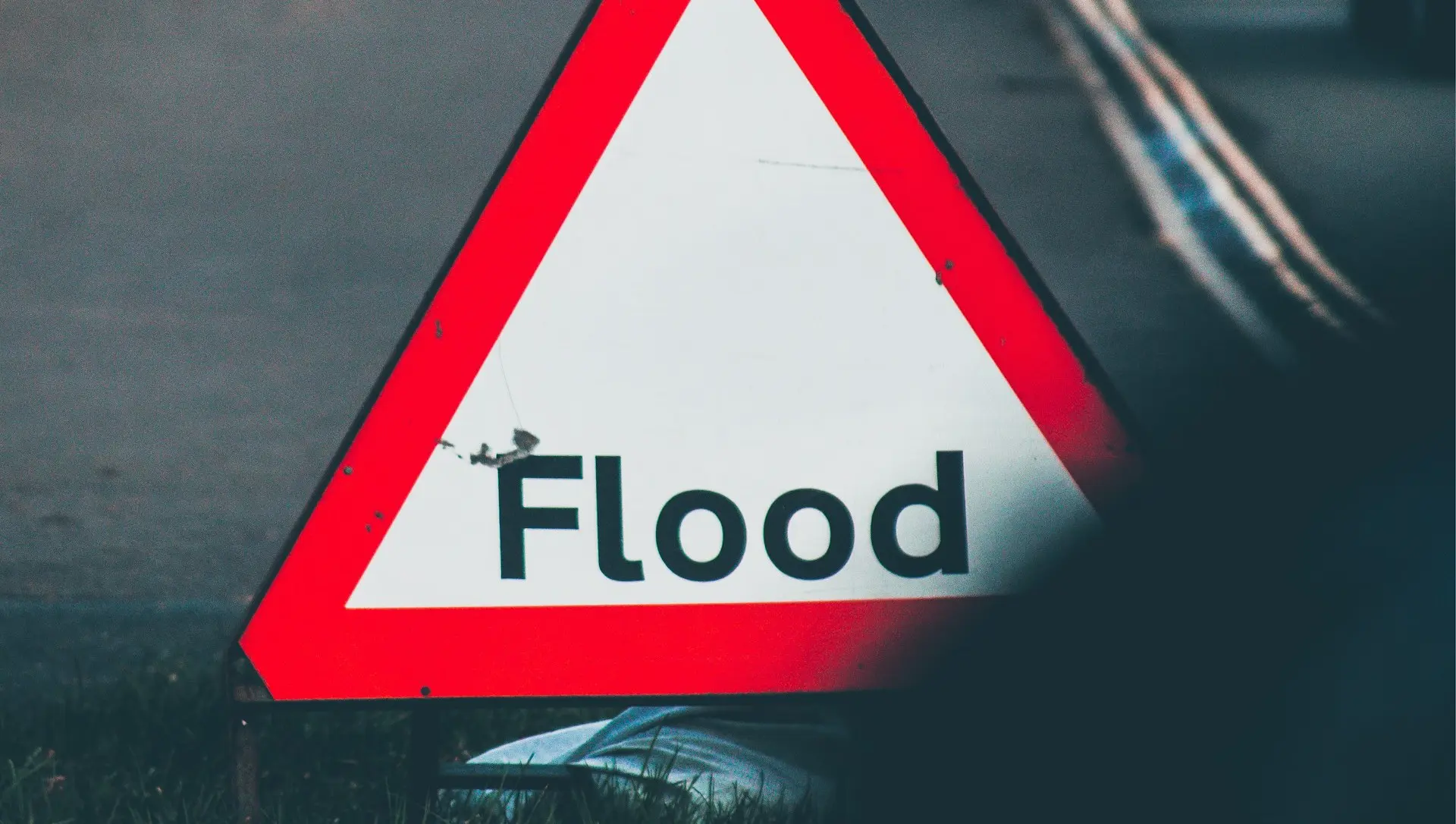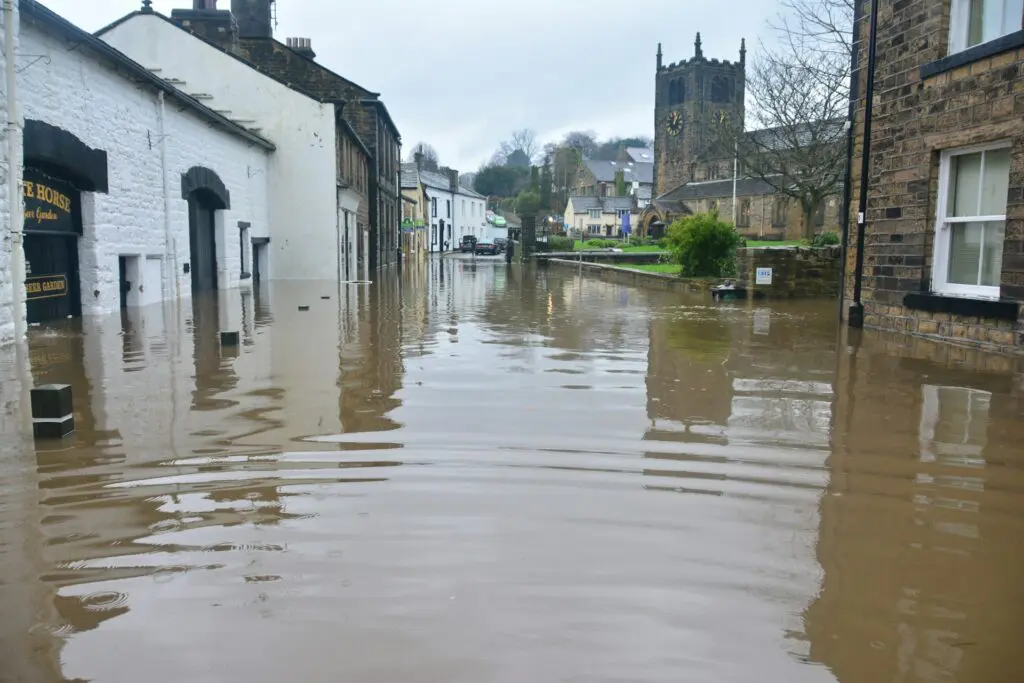From Reactive to Proactive: The Role Insurers Can Have in Flood Risk Mitigation

The team at Floodwise shares its perspective on insurers as key enablers of a climate-resilient future. From initiatives like FloodRe, to the impending challenges post-2039, and the transformation of the insurance landscape, insurers play a crucial role in taking proactive measures to mitigate flood risks and help flood victims recover.
Insurers get a bad wrap. Up there with estate agents, we love to paint them as the bad guys: collecting extortionate premiums and then finding any excuse not to pay when the bad thing happens. Working in prop-tech, at Floodwise we know that as with any clichés the reality is a bit different. In the case of flood insurance, when we speak to the unfortunate victims of floods, the thing we hear more than anything is how helpful their insurers have been in getting them back on their feet quickly.
Far from the cliché, insurers actually play a key role in helping individuals and communities get their lives back together as quickly as possible in the devastating wake of floods and storms. What’s more, in a world of extreme weather and price comparison sites driving intense price competition and commoditisation, they often do so at a loss.
FloodRe’s 2039 Exit & The Insurability Cliff Edge
If it weren’t for the existence of FloodRe in the UK, then these losses would be far worse, to the point that insurers simply wouldn’t insure properties at risk of flood in the first place.
FloodRe is a joint initiative between the UK government and the insurance industry that ensures flood cover remains available and affordable. The scheme collects a levy from all UK home insurers, which is used to offer re-insurance of high flood risk homes. With the scheme in place, upwards of 200,000 homes that would otherwise be uninsurable keep their access to insurance.
But FloodRe ends in 2039 and unless something changes to reduce the level of flood claims, these homes will be uninsurable and, as a consequence, un-mortgageable.
So insurers are already squeezed, and climate change is making things worse: in the decade after FloodRe exits, the Environment Agency estimates the number of homes at risk of flooding to tick over the 8m mark. The industry is fast approaching an insurability cliff edge.

What Insurers Can Do About It: Better Data and Risk Mitigation
Insurers play a crucial role in bouncing back from disaster and limiting prolonged economic fallout. Insurance by it’s very nature is a reactive mechanism, responding after the event. However, there are many less well documented ways in which insurers can play a more proactive role in tackling these disasters head on before the event happens.
- Invest in proactive risk mitigation: By investing in risk mitigation at a property level insurers can reduce their existing claims costs whilst helping property owners stay insurable. What’s more, recent developments mean that these measures can be provided in real time before a weather event hits, meaning the role insurers can play goes from a reactive one to a proactive one – everybody wins!
- Harness better data for better underwriting: advances in flood modelling, satellite imagery, and AI-driven risk assessment will allow insurers to price risk more accurately. Improved data means that risk-based pricing will be fairer, and remove the uncertainty premium that policyholders currently have to shoulder where insurers can’t accurately price their risk. Sharing this knowledge with their policyholders will also allow them to better understand their flood risk, and reward those who take measures to improve the weather resilience of their home.
- Invest in smart infrastructure: the UK is as at the forefront of mapping flood risk with ever more sophisticated sensors, river gauges and groundwater monitoring. Add to this the development of AI tools that can analyse multiple meterological datasets and suddenly the ability to predict a flood and take action is a very real possibility.

How to make this happen: A Coordinated Effort to prioritise proactive risk management
The focus now must be on taking action before flood waters hit and a recognition from insurance companies that they have a pivotal role to play in before the event preparation. The technology exists to understand flood risk in advance and to plan accordingly. As one underwriter we spoke to put it, “if you know something bad is going to happen, you’d do something to stop it wouldn’t you?”
Making this happen will require a coordinated effort across insurance, policymakers, environmental experts, local communities and the UK’s flood defence manufacturing sector. The UK’s insurance sector has a good track record driving this sort of collaboration, as FloodRe showed with the creation of the Build Back Better scheme.
Far from being the villains, then, we think that insurers can and must be some of the most important enablers of an equitable and climate resilient future.
If you’d like to hear a bit more about what we’re doing at Floodwise to help bring this reality to life, Oliver Bradburne and Ben Angwin from the team will be pitching at Geovation’s Spring Showcase 2025. Register your place and catch up with them and other founders from Accelerator Cohort 19 who will be presenting their business propositions and preparations for future growth.